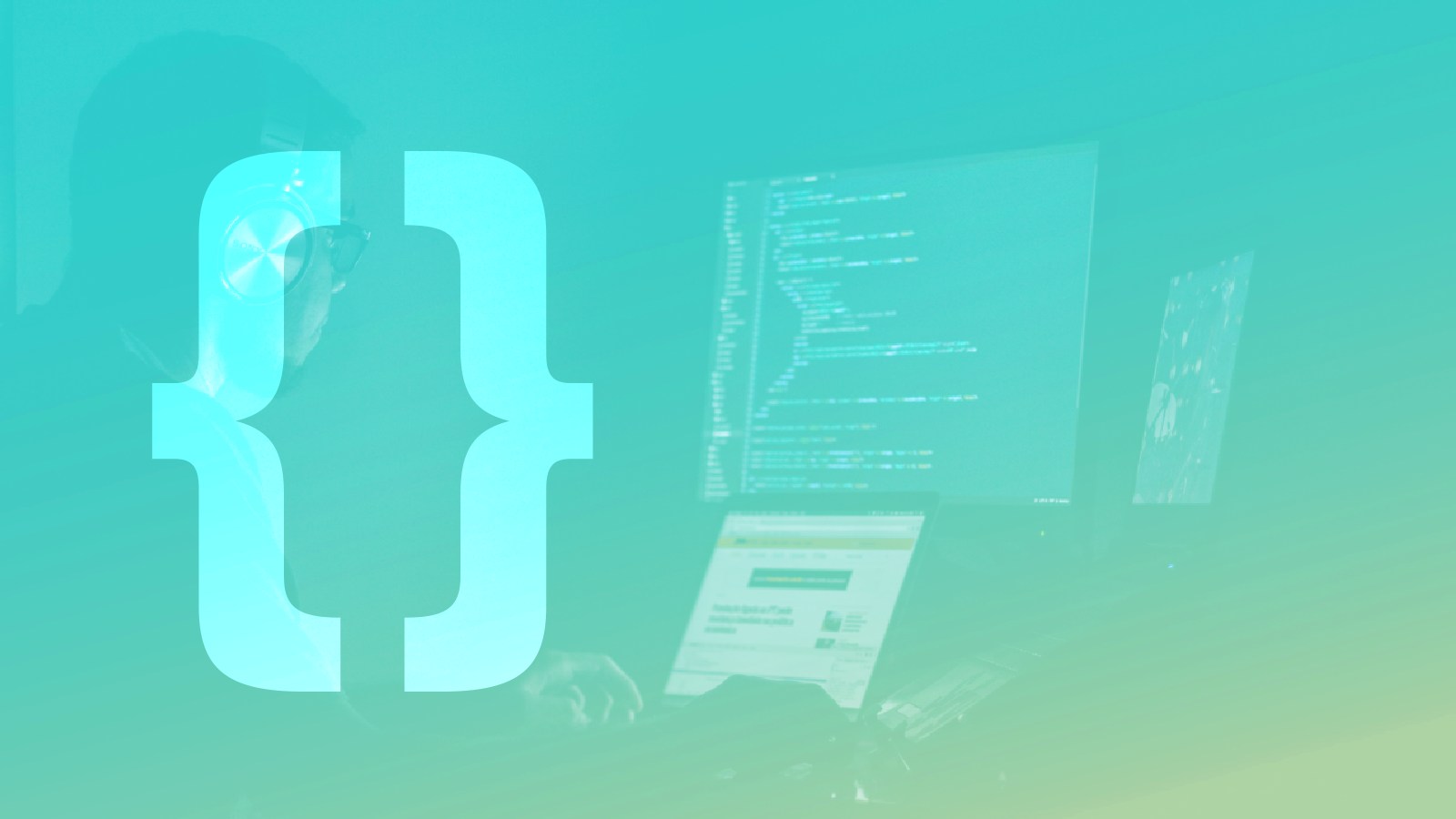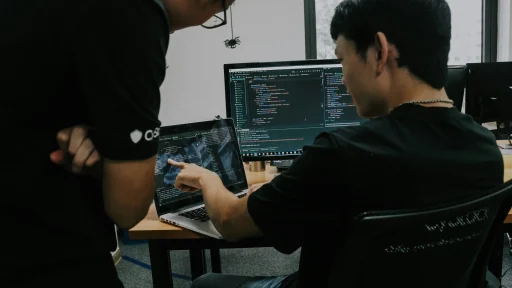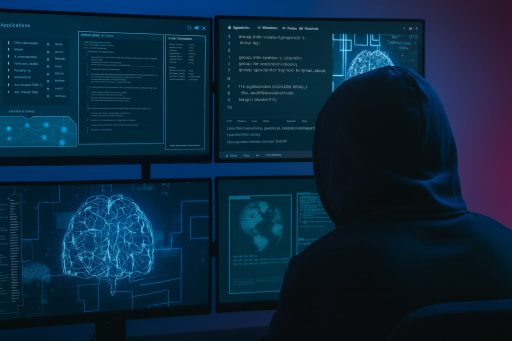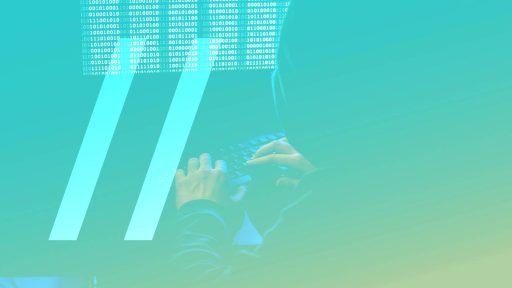
Categoría: Ciberseguridad
-

5 razones por las que son importantes las certificaciones en ciberseguridad en el 2026
Descubre por qué las certificaciones en ciberseguridad son clave para acreditar conocimientos, avanzar profesionalmente y proteger entornos digitales.
-

Las 20 mejores herramientas de ciberseguridad para 2026
Descubre las mejores herramientas de ciberseguridad para 2026. Desde antivirus con IA hasta plataformas XDR, conoce qué software protegerá a…
-

5 Razones para Estudiar un Máster en Ciberseguridad Online en 2026
Descubre por qué estudiar un máster en ciberseguridad online en 2026 es la mejor inversión profesional: empleo, certificaciones y futuro…
-

Guía Completa y Definitiva: Precio de un Máster en Ciberseguridad en España, factores y ejemplos
Descubre cuánto cuesta un máster en ciberseguridad en España: precios, modalidades online y presenciales, certificaciones y salidas laborales.
-

Softskills es la clave en las salidas profesionales en tecnología
En el mundo tech no todo se reduce a escribir código, conocer lenguajes o programas. Eso es solo una parte,…
-

Emprender en ciberseguridad, una experiencia transformadora.
Emprender en ciberseguridad es lo primero en la lista de nuestros alumnos de IMMUNE como futuros líderes en tecnología. Descubre…
-

Así es la experiencia de Miguel, alumno de la Maestría en Ciberseguridad Online
Hablamos con Miguel Alvarenga, alumno de la Maestría en Ciberseguridad Online de IMMUNE sobre su experiencia profesional y qué beneficios…
-

Délito en informática: tipos de fraudes según el código penal
Los avances tecnológicos han traído consigo un considerable aumento de los casos de delito en informática. Fraudes que plantean desafíos…
-

¿Qué es un ciberataque? Tipos y ejemplos
En un mundo tan digitalizado como el actual, los ciberataques se han convertido en una amenaza constante. Las organizaciones y…
-

Qué es una fuga de datos y por qué las empresas deberían de empezar a preocuparse por ello
Alfonso José Fuentes, alumno de 3º año del Grado de Ingeniería de Desarrollo de Software en IMMUNE. A lo largo…